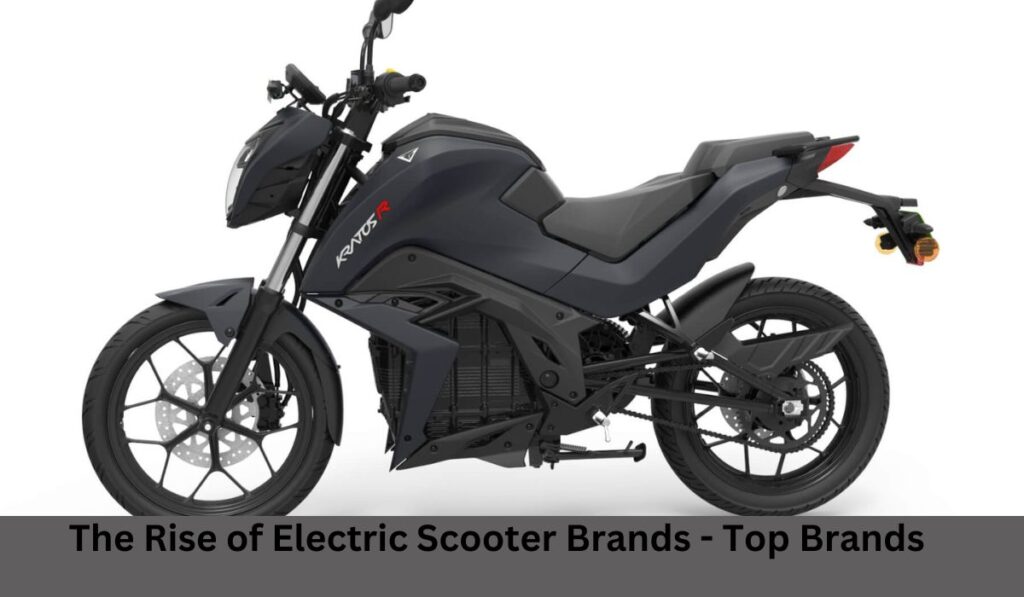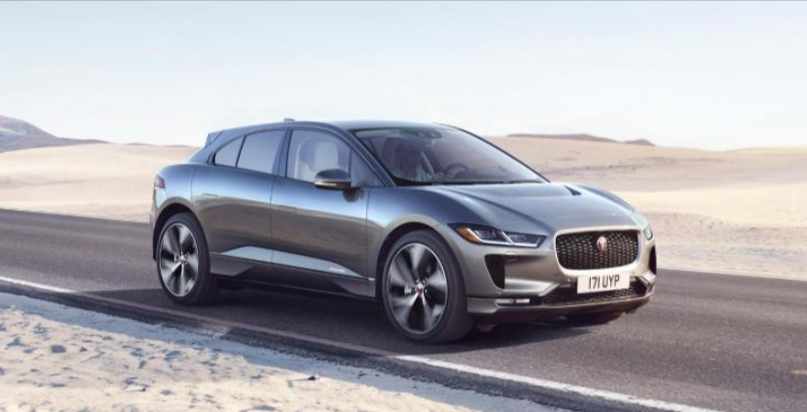
Electric vehicles (EVs) have been widely hailed as the future of transportation, promising a cleaner and more sustainable alternative to traditional internal combustion engine (ICE) vehicles. However, the reality is more nuanced, especially when we look at the data and user experiences both globally and in India.
Table of Contents
ToggleIs Buying an EV Good or Bad in India?
The excitement around EVs is undeniable. Major automakers and investors have poured billions into EV technology, forecasting a bright future. However, recent trends and data suggest a different story.
The Current State of EVs
EVs were projected as the ultimate solution to reduce emissions and combat climate change. The market initially responded with enthusiasm, but as more EVs hit the roads, some challenges have emerged. In the US, showrooms are now struggling to sell EVs, with cars piling up unsold. Even industry leaders like Elon Musk have tempered their growth expectations for EV sales.
In the UK, EV stocks haven’t yielded significant returns, and in Europe, only 1.2% of cars sold in 2022 were EVs, despite the initial boom. This shift suggests that consumer interest in EVs might not be as strong as initially predicted.
Environmental Impact of EVs
One of the most compelling arguments for EVs is their potential to reduce carbon emissions. However, when considering the entire lifecycle of an EV—from mining raw materials like lithium, cobalt, and nickel, to manufacturing and eventual disposal—the environmental benefits become less clear.
For example, lithium mining, particularly in regions like Argentina, has significant environmental impacts. Additionally, the process of manufacturing EV batteries requires substantial energy, often from fossil fuels, which offsets some of the emissions savings from driving an EV.
Government Policies and Market Realities
Governments worldwide have been pushing for EV adoption through various incentives and regulations. However, these subsidies are starting to wane. In India, the government’s FAME II policy, which provided incentives for EV purchases, ended on March 31, 2024. A new policy named Electric Mobility Promotion Scheme 2024 is expected, but details are yet to be revealed.
As subsidies decrease, the already high cost of EVs compared to ICE vehicles becomes a more significant barrier. For instance, the top-line Tata Nexon petrol costs around 15.6 lakhs, while its electric variant costs about 19.2 lakhs. This price difference can be a major deterrent for potential buyers.
EV Maintenance Costs in India
While the running costs of EVs are lower than petrol or diesel cars, with estimates suggesting EVs cost around ₹1-1.5 per kilometer compared to ₹7-8 per kilometer for petrol cars, the initial higher purchase price and potential battery replacement costs add to the overall expense.
Is It the Right Time to Buy an Electric Car in India?
The question remains: Should you buy an electric car now or wait until 2024? The answer depends on various factors, including your driving habits, access to charging infrastructure, and environmental concerns.
Disadvantages of EVs in India
- Higher Initial Costs: EVs are generally more expensive than their ICE counterparts.
- Charging Infrastructure: India currently has around 6,000 public chargers, far below the government’s target of 46,000 by 2030.
- Battery Replacement Costs: EV batteries have a limited lifespan and are costly to replace.
- Environmental Impact: The entire lifecycle of EVs, from mining to disposal, has significant environmental implications.
The Rise of Hybrid Cars
An interesting trend is the growing popularity of hybrid cars, which combine ICE and electric power. Hybrids offer a practical solution with lower emissions and better fuel efficiency without the need for extensive charging infrastructure. Japanese automakers, in particular, have been leading this segment, advocating for lower GST rates similar to EVs.
Conclusion
While EVs offer potential benefits, including lower running costs and reduced emissions during operation, the challenges related to high initial costs, limited charging infrastructure, and environmental impacts of battery production cannot be ignored. Hybrid vehicles present a viable alternative, balancing the benefits of both ICE and electric power.
As an investor or a consumer, it’s essential to weigh these factors carefully before making a decision. The future of EVs in India remains promising, but it might take more time and development to address the existing hurdles.
FAQ on Electric Vehicles (EVs) in India
1. Is buying an EV good or bad in India?
- Answer: The decision to buy an EV in India has both pros and cons. On the positive side, EVs are environmentally friendly, reducing air pollution and dependency on fossil fuels. They also have lower running costs compared to conventional vehicles. However, some challenges include higher upfront costs, limited charging infrastructure, and concerns about battery life and disposal.
2. What are 10 reasons not to buy an electric car?
- Answer:
- Higher initial purchase price.
- Limited charging stations.
- Long charging times.
- Shorter driving range compared to petrol/diesel cars.
- Higher battery replacement costs.
- Limited model options.
- Reduced performance in extreme temperatures.
- Insufficient resale value data.
- Potential for rapid technological obsolescence.
- Limited availability of repair and maintenance services.
3. What is the EV car maintenance cost in India?
- Answer: Maintenance costs for EVs in India are generally lower than those for petrol or diesel vehicles. EVs have fewer moving parts, which means fewer components that can wear out or require replacement. Regular maintenance involves checking the battery, electric motor, and electronics, with less need for oil changes, transmission maintenance, or exhaust system repairs.
4. Is an electric car worth it in India?
Answer: An electric car can be worth it in India if you prioritize environmental benefits, lower long-term running costs, and government incentives. However, potential buyers should consider the availability of charging infrastructure, the higher initial cost, and their typical driving needs before making a decision.
5. Is it the right time to buy electric cars in India?
Answer: The right time to buy an electric car in India depends on individual circumstances, such as access to charging stations, driving habits, and budget. As the charging infrastructure improves and more affordable models become available, it may become increasingly viable for more people to switch to EVs.
6. What are the disadvantages of EVs in India?
Answer:
-
- Higher upfront costs.
- Limited charging infrastructure.
- Longer charging times.
- Shorter driving range.
- High battery replacement costs.
- Limited model availability.
- Performance issues in extreme weather.
- Uncertain resale value.
- Potential technology obsolescence.
- Limited availability of specialized repair services.
7. Should I buy an electric car now or wait until 2024?
Answer: Whether to buy an electric car now or wait until 2024 depends on several factors. If you have access to reliable charging infrastructure and are ready to benefit from lower running costs and environmental advantages, buying now could be beneficial. Waiting might allow you to take advantage of advancements in technology, better battery life, and potentially lower costs.
8. Is an EV car good or bad?
Answer: EV cars have their advantages and disadvantages. They are good for the environment, offer lower running costs, and are increasingly supported by government incentives. However, challenges include higher initial purchase prices, limited charging infrastructure, and concerns about battery disposal and lifespan.


